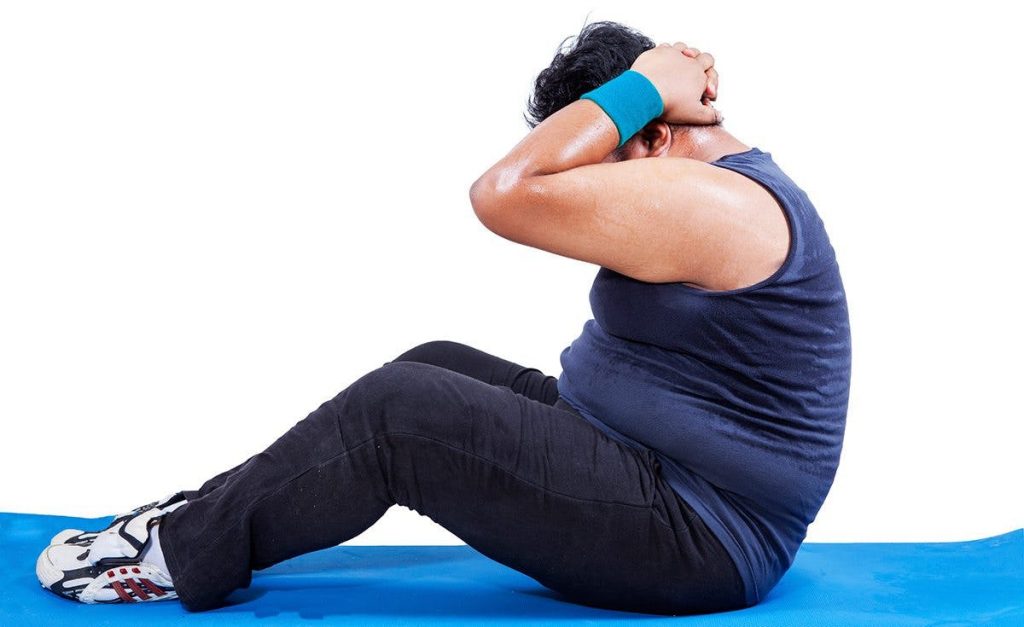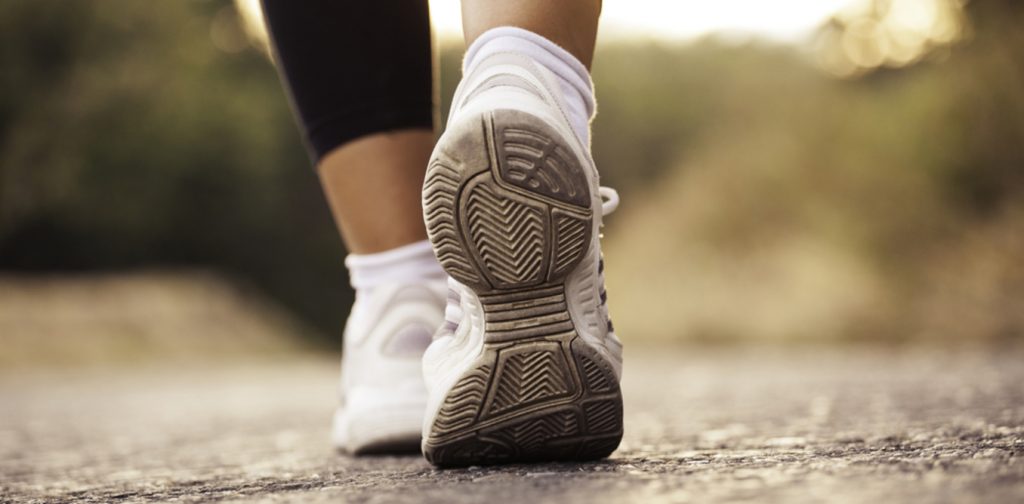
Just about all exercise—and particularly cardiovascular exercise—is beneficial to mental health. That’s the resounding conclusion of a large body of research into the positive mental health effects of running and other forms of fitness.
One implication of these findings is that it’s possible to exercise one’s way to better mental health. (Read more about addiction and mental health services at FHE Health.) Of course, some forms of exercise will be more effective at addressing particular symptoms such as anxiety or depression. Consider these recommendations from a mental health expert regarding which types of exercise may be more therapeutic for your particular symptoms.
Table of Contents
For Stress – Walking or Running

img source: myfitnesspal.com
Stress can be a big contributor to mental health problems and a major culprit behind post-traumatic stress disorder (PTSD) and addiction. The good news is there are many health benefits of walking or jogging—and, one of the biggest is stress relief.
How Walking/Running Lowers Stress Levels
A report by Harvard Men’s Health Watch explained how aerobic exercise (like walking or jogging) lowers the body’s stress levels:
Exercise reduces levels of the body’s stress hormones, such as adrenaline and cortisol. It also stimulates the production of endorphins, chemicals in the brain that are the body’s natural painkillers and mood elevators. Endorphins are responsible for the “runner’s high” and for the feelings of relaxation and optimism that accompany many hard workouts—or, at least, the hot shower after your exercise is over.
This relaxing, feel-good “chemical” reaction in the body is accompanied by the positive behavioral and emotional effects of aerobic fitness, including:
- A trimmer waistline
- Strength and stamina
- Improved self-image
- Pride and a sense of mastery
- More energy
All of these behavioral and emotional benefits can be achieved via other types of exercise. They also can be therapeutic for other mental health symptoms besides stress. (Read on to learn how.) Still, these behavioral benefits and their stress-relieving effects are worth mentioning here, since stress can be a root of many other mental health symptoms.
Walking Even Better Than Running for Stress?

img source: inquirer.com
It has been said that running is the poster boy for aerobic exercise. The implication? That if running is the poster boy for aerobic exercise and all its health benefits, walking is the geeky kid who kept trying to make the cut.
This impression doesn’t seem to be accurate, though—at least with respect to stress and stress relief. In fact, some research has suggested walking may be even more effective for stress relief than running. For instance, a study in the Annals of Behavioral Medicine found that university students who walked regularly had lower stress levels than the couch potatoes and those who exercised strenuously. Take your walking outside in nature, and the rest and relaxation pay-offs are even higher, other research has confirmed.
For Depression – Playing a Team Sport Outdoors

img source: jobsdb.com/
Similarly, for symptoms of depression and a low mood, getting outside and doing something active can be very therapeutic. Being in the sun can raise levels of Vitamin D, which we know helps mood. (Vitamin D deficiency is associated with poor mood and depression, and can impair cognitive and brain health.)
In addition, playing a group sport outdoors, like soccer, softball, or ultimate frisbee, can raise levels of serotonin and other feel-good neurotransmitters, while also increasing socialization and a sense of belonging. For a case of the blues, the cumulative antidepressant effects can be profound.
Playing a team sport can also help to prevent depression. For example, research noted by the Cleveland Clinic has found playing team sports helps kids ward off depression. Adults who play team sports have experienced similar results, according to a 2019 study in the Journal of Sports Science & Medicine.
For Sleep – Lifting Weights and Strength Training

img source: popsugar-assets.com
Insomnia can often co-occur with mental health conditions, but research suggests that weight lifting and strength training exercises can improve sleep. For instance, when older adults, (who tend to have more sleep problems than younger people), engaged in regular resistance training exercises—as part of a pilot study in the Journal of Sports Science and Medicine—they experienced a substantial improvement in the quality of their sleep.
In addition to improving sleep, high-intensity strength training reportedly reduces anxiety, which often accompanies and exacerbates sleep problems. In another study, this one featured in the publication Mental Health and Physical Activity, test subjects with a diagnosis of PTSD fell asleep faster and reported experiencing better sleep after participating in three 30-minute, strength-training sessions per week for nine weeks.
For More Energy and Better Self-Esteem – A Program of Weight Loss Exercise

img source: dietdoctor.com
Fatigue and low self-esteem can also adversely affect mental health. When you’re sluggish and have no energy to do the things you’d like to do, it can be easier to feel down and spiral into negative self-talk. Self-confidence can take a dive, too.
Anyone who is overweight or obese and experiencing these symptoms may benefit from committing to a regimen of exercise that’s geared towards weight loss. Often, successful weight loss can increase energy, improve overall physical health, and boost confidence and self-esteem. A more positive mood and better mental health overall are an extension of these benefits.
How Cardio Helps with Weight Loss

img source: toiimg.com
Of course, successful weight loss depends on burning calories—a potentially intimidating prospect for anyone accustomed to a sedentary lifestyle. Couch potatoes need to be able to start somewhere, and usually that rules out the next Iron Man competition or an extreme sport.
Keep in mind—something is better than nothing. If you can run, jog, or walk, each can be helpful. Sometimes it is easier to start small, so taking a walk throughout the week might be the most realistic way to add some health into your routine.
Walking to Lose Weight

img source: cdn.net
Putting on those walking shoes brings us full circle: walking to burn calories (in addition to stress). The same report by Harvard Men’s Health Watch referenced at the start of this article ended by citing the promising results of a 2009 study into the merits of walking for weight loss and weight control. The 15-year study, which tracked 4,995 men and women, found that while Americans on average gain about 2 pounds per year during middle age, those who walked gained significantly less weight than those who didn’t walk.
More encouragingly, the people who experienced the greatest benefits were the heaviest individuals. As an illustration, walking for just 35 minutes a day saved a 160-pound person roughly 18 pounds over 15 years of aging. That’s plenty-good incentive to dust off those shoes and go for a walk.
The article is provided by Dr. Beau Nelson, DBH, LCSW.







